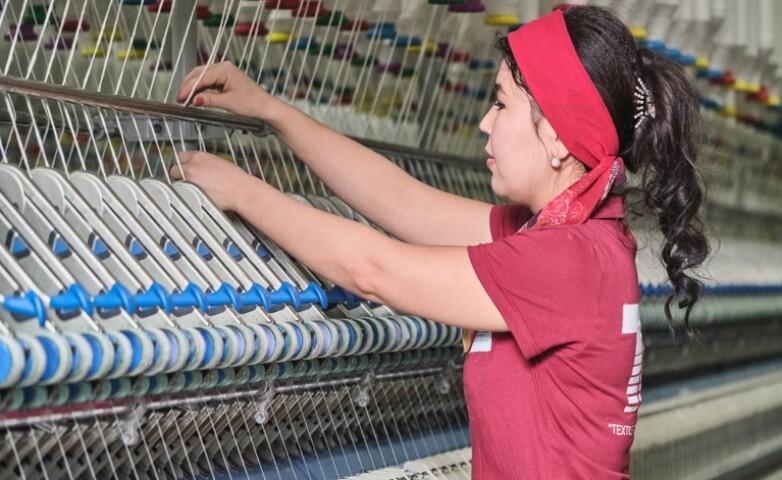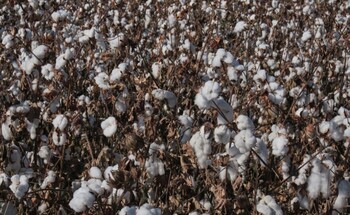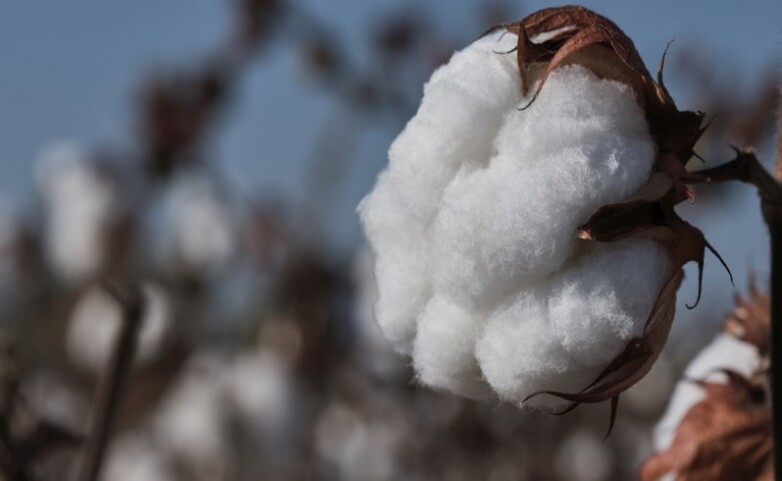Optimising cotton production processes in Uzbekistan
Sustainability and Value Added in Agricultural Supply Chains | Cotton
-
Client
German Federal Ministry for Economic Cooperation and Development (BMZ)
-
Country
-
Political sponsors
More
-
Runtime
2019 to 2025
-
Involved
Uzbekistan Textile and Garment Association (UTGA)
-
Products and expertise
Economic development and employment
 © GIZ
© GIZContext
Uzbekistan ranks among the world’s largest cotton producers, cultivating more than three million tons annually across approximately one million hectares. Consequently, cotton is crucial for the nation’s economic and social progress, as it employs a large part of the workforce and contributes about 18 per cent to the gross domestic product (GDP).
However, years of extensive cultivation have led to various social, environmental, and economic challenges. These include large-scale farming of the same crops, expanding farm sizes, unstable crop prices, forced and child labour, poor soil health, and water overuse in regions already scarce in this resource. Following a change in government in 2016, authorities initiated a complex and ambitious reform plan aimed at improving social and environmental practices within the cotton industry – from production to the final product. These reforms strive to prepare the industry for new market exports and to generate new employment opportunities. As a positive result, independent third-party monitoring by the International Labour Organisation (ILO) confirmed that systemic child labour as well as forced labour have been eradicated during cotton harvests. Nevertheless, challenges remain. One of them is adhering to international environmental and social standards.

Objective
The cotton production process in Uzbekistan has become more stable and environmentally responsible.
Approach
In six selected regions across Uzbekistan, the project conducts initiatives to develop essential skills in:
- Eco-friendly cotton production: The project increases the share of cotton produced with environmentally friendly methods by offering training sessions on organic cotton production or Better Cotton principles, while piloting new water saving technologies.
- Local cotton processing: It improves working conditions and environmental management by introducing systems for workers to report and resolve issues, alongside providing training on chemical and wastewater management.
- Global cotton and textile trade integration: The project promotes Uzbekistan’s export potential and helps achieve internationally recognised quality and environmental standards through workshops on various certifications as well as trainings for merchandisers.
Last update: May 2024







